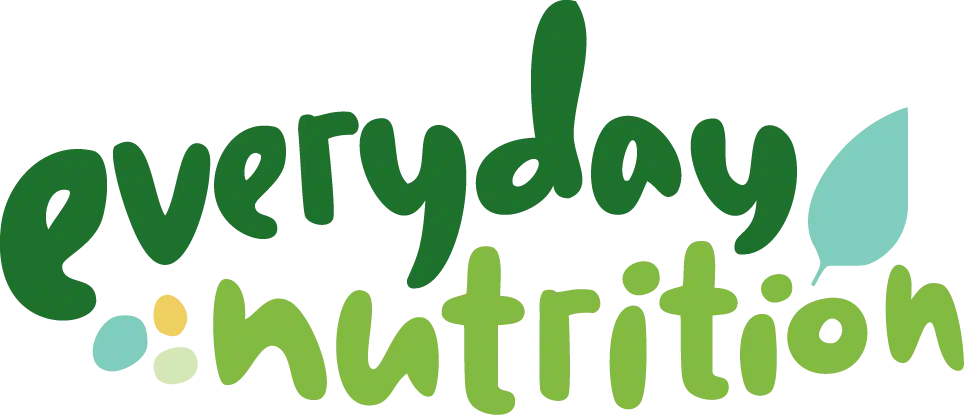If you’re a woman and you have ovaries, the journey through perimenopause and menopause is inevitable. Similar to puberty, this phase comes with its unique set of challenges. However, unlike puberty, there’s often a lack of education about what to expect or how to manage it. Like many, perhaps you anticipated a few hot flushes and some irritability in your 50s once your period stopped. Yet, the reality can be far more complex.
What is Menopause?
Menopause is the time in life after your periods have stopped for at least 12 consecutive months. It usually happens between 45years and 55years, with the average being 51 years. After menopause, oestrogen is stable and consistently low. Many woman find that symptoms begin to decrease in intensity, frequency and become more stable within 4-5 years on menopause.
What is Perimenopause?
Perimenopause is the 5 to 10 years prior to menopause when hormones are declining. It is normal for this to start in your late 30’s or early to mid 40’s. During this time hormones fluctuate significantly. These fluctuations lead to severe symptoms for about 20% of women, moderate symptoms for about 60% of women, while about 20% of women experience no symptoms. Symptoms may be due to low levels of oestrogen (hot flushes) or high levels of oestrogen (sore breasts and migraines). Periods may become heaver and cycles can become shorter and irregular.
What are the symptoms?
Some common symptoms of perimenopause include:
- hot flushes and night sweats
- sleep problems and fatigue
- headaches
- aches and pains
- dry vagina & low libido
- gut symptoms e.g. bloating & bowel changes (constipation/diarrhoea)
- low energy
- sore breasts
- mood changes including anxiety, depression and irritability
- forgetfulness
- brain fog
What are the nutritional concerns?
Oestrogen is protective against inflammation and helps with bone density. With the decline is oestrogen we see increased inflammation which leads to increase risks of things like heart disease, insulin resistance and diabetes, weight gain, cancers, cognitive decline and loss in bone density.
Post-menopausal women also have less abundance and diversity of gut bacteria than pre-menopausal women or men of the same age. Low diversity and abundance of gut bacteria is also associated with increased inflammation.
Options to manage Menopause & Perimenopause
There are numerous options available to manage menopause, ranging from medications to nutrition and supplements.
Regardless of the approach you choose to navigate through this stage, it’s an opportune moment to integrate healthy nutrition and lifestyle practices that will support you through perimenopause and beyond.
What to eat:
- Embrace a Mediterranean diet rich in healthy fats, fruits, vegetables, whole grains, legumes, and herbs, which has been shown to decrease inflammation, improve gut health, and support overall well-being.
- Incorporate a variety of plant foods into your diet to decrease inflammation and promote a healthy gut microbiome.
- Ensure adequate intake of calcium and vitamin D to support bone density, considering supplementation if necessary.
- Include soy isoflavones, found in soy products like soy milk and tofu. In countries who consume a lot of soy products, significantly fewer women report hot flushes.
- Consume fibre-rich foods to support gut health and alleviate symptoms like bloating and altered bowel movements.
- Limit alcohol intake as excess alcohol can intensify symptoms of perimenopause and menopause.
Final thoughts
Navigating perimenopause and menopause involves understanding its phases, recognising common symptoms, and implementing strategies to manage them effectively. By prioritising nutrition and lifestyle adjustments, women can support their overall health and well-being during this transformative stage of life.
Ready to personalize your approach to nutrition to help manage perimenopause and menopause? Book an appointment with Joanna today for tailored advice and support. Let’s embark on this journey together, empowering you to navigate menopause with confidence and vitality.







